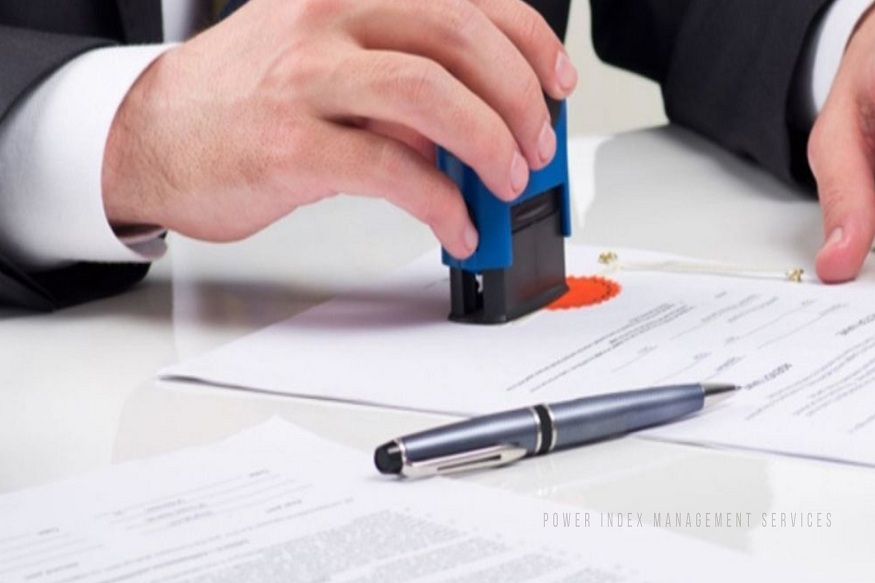When it comes to safeguarding your assets and protecting your loved ones, preparing a Will is one of the most important steps you can take. In Dubai, however, ensuring that your Will is legally recognized requires more than simply writing it down. The document must go through a formal true copy attestation process in Dubai, which gives it legal standing in the UAE. Many expats are often confused about whether “true copies” are acceptable for Wills, or what exact steps they must follow to make the document valid. This guide breaks it down clearly.
Why Attestation Matters for a Will in Dubai
A Will is only effective if it can be legally enforced. In Dubai, this means your Will must be formally attested. Attestation confirms that the document is genuine, properly signed, and recognized by the relevant authorities. Without it, your Will may face challenges in court, delaying or even preventing your beneficiaries from inheriting as per your wishes.
Preparing Your Will: The First Step
Before attestation, the Will itself must be carefully drafted. It should reflect your wishes regarding property, guardianship of children, and distribution of assets, while also complying with UAE legal requirements. If your Will is written outside the UAE, it must first be notarized in your home country. This step establishes its authenticity before it can be recognized in Dubai.
The Attestation Journey: From Home Country to the UAE
The True Copy Attestation process is a multi-step journey:
- Notarization in your home country – A public notary must first verify your Will.
- UAE Embassy attestation – Once notarized, the Will must be attested at the UAE Embassy in that country.
- Ministry of Foreign Affairs (MoFA) attestation in the UAE – Finally, when the document arrives in Dubai, it must be attested by MoFA to gain official recognition.
This layered process ensures the document is valid across jurisdictions and accepted by UAE courts.
True Copy vs. Original: Clearing the Confusion
One common misunderstanding is whether a “true copy” of a Will can be attested. The answer is no. Unlike other documents (such as contracts or certificates), Wills must be attested in their original form. True copies are not sufficient to establish their legal validity. This is a crucial distinction; submitting a copy could lead to rejection.
Using MOFA’s Online Services
Today, the Ministry of Foreign Affairs has simplified the process by allowing applications through its website and mobile app. Applicants can log in using UAE Pass, upload their documents, pay the required fees, and even arrange courier delivery for convenience. The ability to track applications online adds transparency and efficiency to what was once a very manual process.
Additional Considerations
- Translation: If your Will is not in Arabic, you’ll need a certified legal translation approved by the UAE Ministry of Justice.
- Duration and Validity: A Will remains valid until revoked by you, but it only becomes enforceable after attestation.
- Legal Support: Because of the strict requirements, many residents prefer to consult legal experts to avoid technical errors that could compromise the Will’s enforceability.
Final Thoughts
Preparing and attesting a Will in Dubai requires attention to detail, patience, and compliance with legal formalities. From notarization in your home country to MoFA attestation in the UAE, every step adds an extra layer of security to ensure your wishes are respected. Remember, only an attested original, not a true copy, will stand in a UAE court.
By taking the time to complete the process properly, you’re not just fulfilling a legal requirement, you’re giving your family peace of mind and protecting your legacy.









